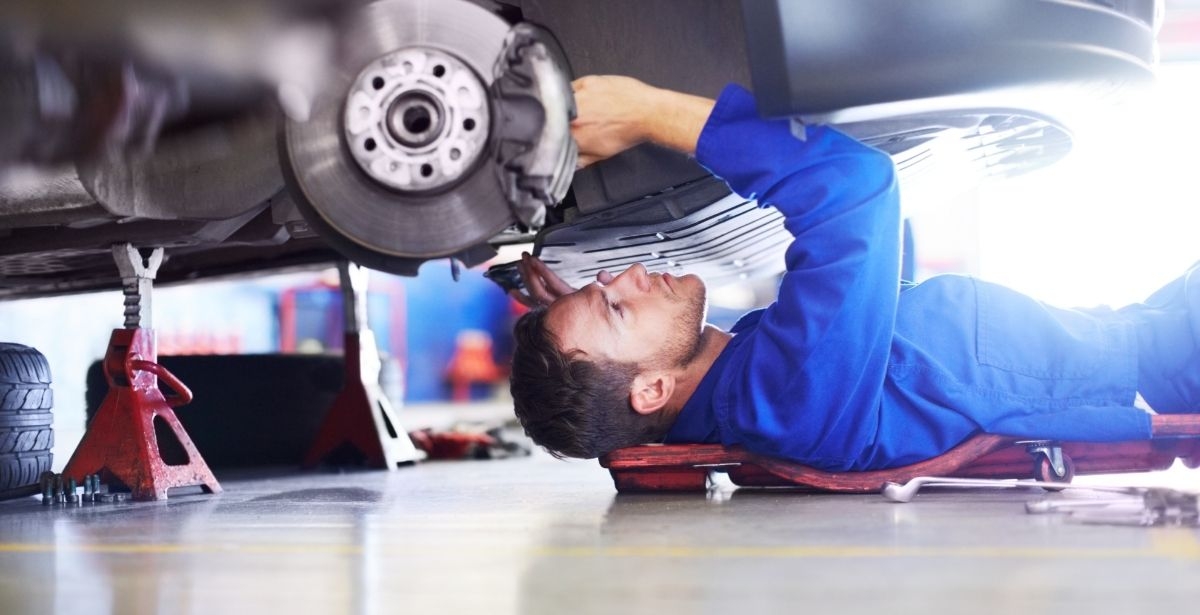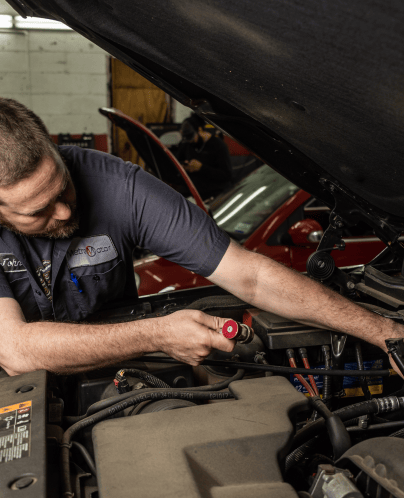All Categories
Featured
The rise of electric automobiles (EVs) has brought around significant advancements in lasting transportation, yet it likewise offers an expanding worry: what occurs to EV batteries when they are no much longer useful? Repair shops have actually stepped right into this space, providing electrical lorry battery recycling services to satisfy the demands of eco-conscious EV owners.
![]()
Environmental Defense: Avoiding unsafe chemicals from polluting dirt and water. Resource Recovery: Drawing out reusable materials like lithium and cobalt to decrease the demand for new mining operations. Power Performance: Recycling uses much less power than sourcing basic materials, contributing to a reduced carbon footprint. As millions of EV batteries are anticipated to get to completion of their lifecycle in the coming years, the requirement for recycling options has actually never been higher.
Collection and Safe Storage: Lots of service center accumulate utilized EV batteries from clients and keep them securely till they can be carried to recycling centers. Partnerships with Recyclers: Shops often collaborate with specialized reusing companies that essence and repurpose useful materials. Repurposing Efforts: Some batteries, although no longer ideal for cars, can be repurposed for fixed energy storage space solutions, a solution some repair work shops assist in. 3. Collaborations with Manufacturers and Recycling Programs. To improve the reusing procedure, service center usually companion with EV manufacturers and third-party recyclers. Examples consist of:
Supplier Programs: Brands like Nissan and BMW have executed battery reusing campaigns, utilizing certified service center to handle and gather used batteries. Third-Party Recyclers: Business like Redwood Products and Li-Cycle collaborate with independent repair service stores to reuse batteries from numerous EV brands. These partnerships make sure that recycling is managed sensibly and effectively, with very little ecological effect.
Ease: Clients can reuse batteries in your area without navigating complicated recycling networks. Price Savings: Some stores use trade-in credit reports or price cuts on replacement batteries when customers recycle their old ones. Sustainability Guarantee: Partnering with respectable stores guarantees that batteries are recycled in compliance with ecological laws. 5. Difficulties in Expanding Recycling Solutions. Despite development, there are difficulties to making battery recycling generally offered:
Training Needs: Managing EV batteries safely requires customized knowledge and devices, which not all service center possess. Price of Recycling: Moving and processing batteries can be expensive, positioning a barrier for smaller stores. Minimal Facilities: In some regions, accessibility to reusing facilities is still underdeveloped. Governments and producers are functioning to deal with these concerns through incentives, financing, and study into a lot more effective reusing technologies.
![]()
Conclusion. Yes, repair work shops offering electric automobile battery recycling are ending up being an important part of the EV ecological community. By collaborating with manufacturers, recyclers, and environmental programs, these organizations are aiding to ensure that the change to electrical transport is as lasting as possible.
For EV proprietors, selecting repair shops with reusing capabilities is not only a functional choice however also a liable one. With each other, repair service makers, customers, and stores can create a sustainable future where EV batteries are not squandered but repurposed, reused, and recycled for the benefit of the world.

- The Importance of Reusing EV Batteries. Unlike standard auto batteries, EV batteries are large and intricate, with special recycling demands. Appropriate recycling is essential for numerous reasons:
Environmental Defense: Avoiding unsafe chemicals from polluting dirt and water. Resource Recovery: Drawing out reusable materials like lithium and cobalt to decrease the demand for new mining operations. Power Performance: Recycling uses much less power than sourcing basic materials, contributing to a reduced carbon footprint. As millions of EV batteries are anticipated to get to completion of their lifecycle in the coming years, the requirement for recycling options has actually never been higher.
- Just How Fixing Shops Add To Battery Recycling. Service centers play a crucial function in the EV ecosystem by providing accessible and efficient recycling alternatives. Right here's how they sustain sustainability:
Collection and Safe Storage: Lots of service center accumulate utilized EV batteries from clients and keep them securely till they can be carried to recycling centers. Partnerships with Recyclers: Shops often collaborate with specialized reusing companies that essence and repurpose useful materials. Repurposing Efforts: Some batteries, although no longer ideal for cars, can be repurposed for fixed energy storage space solutions, a solution some repair work shops assist in. 3. Collaborations with Manufacturers and Recycling Programs. To improve the reusing procedure, service center usually companion with EV manufacturers and third-party recyclers. Examples consist of:
Supplier Programs: Brands like Nissan and BMW have executed battery reusing campaigns, utilizing certified service center to handle and gather used batteries. Third-Party Recyclers: Business like Redwood Products and Li-Cycle collaborate with independent repair service stores to reuse batteries from numerous EV brands. These partnerships make sure that recycling is managed sensibly and effectively, with very little ecological effect.
- Advantages for EV Owners. Repair shops supplying battery recycling solutions give significant advantages to EV proprietors:
Ease: Clients can reuse batteries in your area without navigating complicated recycling networks. Price Savings: Some stores use trade-in credit reports or price cuts on replacement batteries when customers recycle their old ones. Sustainability Guarantee: Partnering with respectable stores guarantees that batteries are recycled in compliance with ecological laws. 5. Difficulties in Expanding Recycling Solutions. Despite development, there are difficulties to making battery recycling generally offered:
Training Needs: Managing EV batteries safely requires customized knowledge and devices, which not all service center possess. Price of Recycling: Moving and processing batteries can be expensive, positioning a barrier for smaller stores. Minimal Facilities: In some regions, accessibility to reusing facilities is still underdeveloped. Governments and producers are functioning to deal with these concerns through incentives, financing, and study into a lot more effective reusing technologies.

- The Future of EV Battery Recycling. As the EV market remains to expand, the duty of repair stores in battery recycling will become much more critical. Governing demands are motivating suppliers and repair service networks to create detailed recycling systems. Emerging technologies are additionally improving the efficiency of material recuperation, making recycling much more commonly easily accessible and affordable.
Conclusion. Yes, repair work shops offering electric automobile battery recycling are ending up being an important part of the EV ecological community. By collaborating with manufacturers, recyclers, and environmental programs, these organizations are aiding to ensure that the change to electrical transport is as lasting as possible.
For EV proprietors, selecting repair shops with reusing capabilities is not only a functional choice however also a liable one. With each other, repair service makers, customers, and stores can create a sustainable future where EV batteries are not squandered but repurposed, reused, and recycled for the benefit of the world.
Latest Posts
Explore Exclusive Auto Repair Deals in Chicago at Montclare Auto Repair
Published May 29, 25
1 min read
The Benefits of Consistent Vehicle Maintenance at Montclare Auto Repair Keeps Your Wallet Happy
Published May 28, 25
1 min read
Boost Your Residential Or Commercial Property with Overhead Door Systems
Published May 25, 25
1 min read
More
Latest Posts
Explore Exclusive Auto Repair Deals in Chicago at Montclare Auto Repair
Published May 29, 25
1 min read
The Benefits of Consistent Vehicle Maintenance at Montclare Auto Repair Keeps Your Wallet Happy
Published May 28, 25
1 min read
Boost Your Residential Or Commercial Property with Overhead Door Systems
Published May 25, 25
1 min read